
Bangladesh Ramps Up Efforts for Dhaka-Kathmandu Bus Service
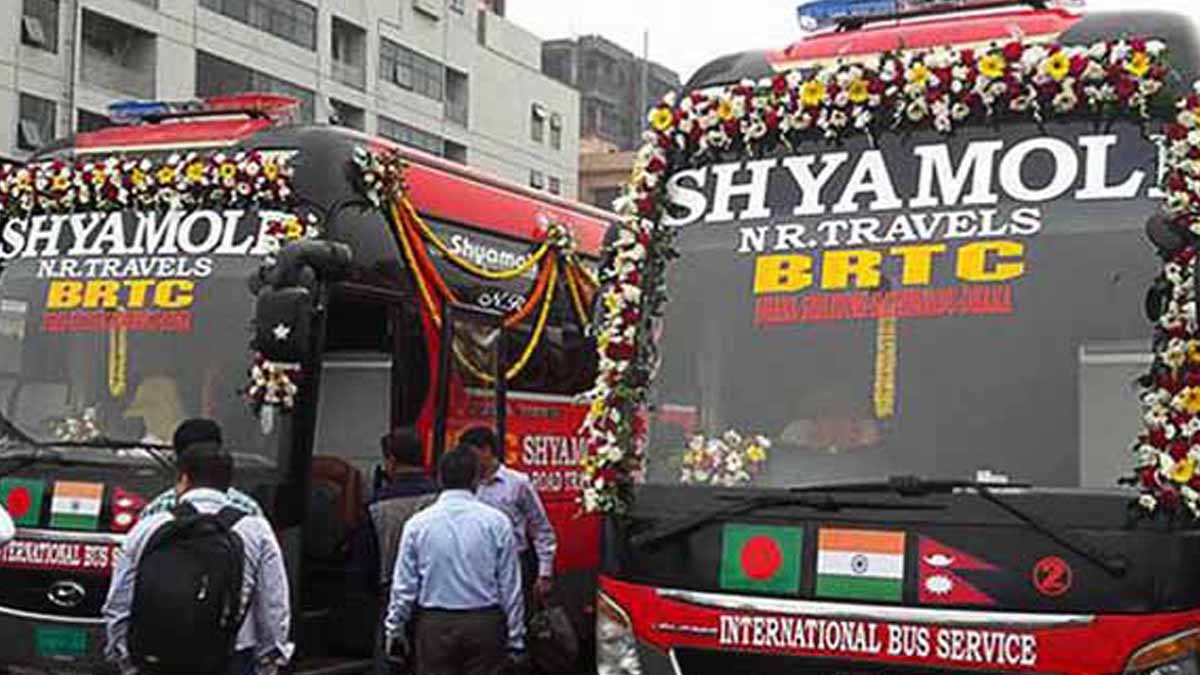
Bangladesh has intensified its efforts to inaugurate the Dhaka-Kathmandu international bus service, a landmark initiative covering a distance of 813 kilometers. This move is part of a broader strategy by Bangladesh to operate bus services on four new routes connecting Nepal and India, aiming to foster regional connectivity and strengthen ties among the countries involved.
The geographical proximity of Nepal and Bangladesh poses challenges due to the Siliguri Corridor, also known as Chicken’s Neck, a 22-kilometer stretch of Indian territory that separates south-eastern Nepal and northern Bangladesh. Despite these challenges, Bangladesh, along with Bhutan, India, and Nepal, signed the BBIN (Bangladesh, Bhutan, India, and Nepal) Motor Vehicles Agreement in June 2015, facilitated by the Asian Development Bank. However, Bhutan is yet to provide its agreement to the accord.
The Bangladesh Road Transport Corporation (BRTC) has undertaken substantial groundwork to initiate the international bus service on four new routes, recognizing the growing interest of passengers in opting for cost-effective bus services over other modes of transport. BRTC’s plan encompasses routes connecting Dhaka and Kathmandu, Chatgaun and Kolkata, Dhaka and Gangtok, as well as Darjeeling, Barishal, and Kolkata.
Historically, Bangladesh has conducted trial bus services, including Dhaka-Kathmandu in April 2018 and Dhaka-Darjeeling in December 2019. The trial for the Dhaka-Kathmandu route, unfortunately, did not progress beyond its initial phase due to the disruptions caused by the Covid-19 pandemic.
The new international bus service is poised to address various cross-border routes, including Dhaka-Kolkata, Tripura-Dhaka-Kolkata, Dhaka-Shillong-Guwahati, and Dhaka-Khulna-Kolkata. Proposals for these routes are currently under consideration by the Ministry of Road Transport and Bridges in Bangladesh and await a final decision by the foreign ministry in Dhaka.
Tazul Islam, Chairman of BRTC, highlighted that discussions between Nepal and Bangladesh on the Dhaka-Kathmandu bus route have advanced significantly. Recognizing the geopolitical implications of international bus services, there have been certain complexities that both nations are working to address.
In the aftermath of the Covid-19 pandemic, India tightened its Panitanki border for tourists, creating challenges for the proposed bus service. Bangladesh remains optimistic that this issue will be resolved, and the bus service with Nepal will commence once the visa problem is addressed, following agreements between the two countries.
Bangladesh initiated its first international bus service with India in 1999, and the Dhaka-Kolkata service continues to operate successfully. There are also discussions about the potential launch of bus services on the Chatgaun-Kolkata and Dhaka-Gangtok-Darjeeling routes, highlighting the growing regional collaboration.
The joint operation of the bus services involves collaboration between the Bangladesh Road Transport Corporation, West Bengal Transport Corporation, and Shyamoli NR Travels. This initiative is expected to greatly benefit Nepali students studying in Bangladesh and Bangladeshi tourists visiting Nepal, as there has been a noticeable increase in the number of individuals traveling in both directions.
In 2023, Nepal welcomed 36,483 Bangladeshi tourists, indicating a rising trend in bilateral tourism. The distance between Kathmandu and Dhaka exceeds 1,184 km, and the bus journey is anticipated to take approximately 24 hours.
The historical context of the agreement between Nepal and Bangladesh in July 2012, aiming to establish direct bus services, provides a backdrop to the current developments. However, the absence of a dedicated bilateral agreement between Nepal and India on the use of Indian territory hindered the initial implementation of the plan. Additionally, both nations signed an agreement on the carriage of transit cargo, facilitating Nepal’s access to Chittagong and Mongla ports in Bangladesh.
As Bangladesh accelerates its preparations for the Dhaka-Kathmandu international bus service, it not only signifies improved regional connectivity but also reflects the collaborative efforts among South Asian nations to foster economic and cultural ties. The success of this initiative holds the potential to set a positive precedent for further integration and cooperation in the region.



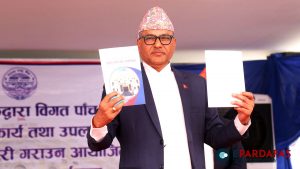

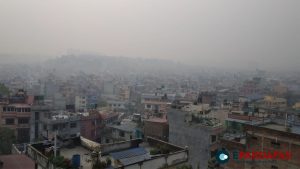


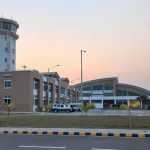


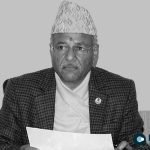
Comments